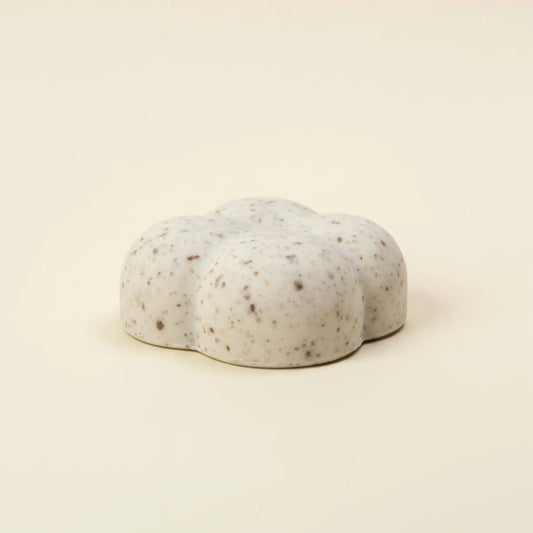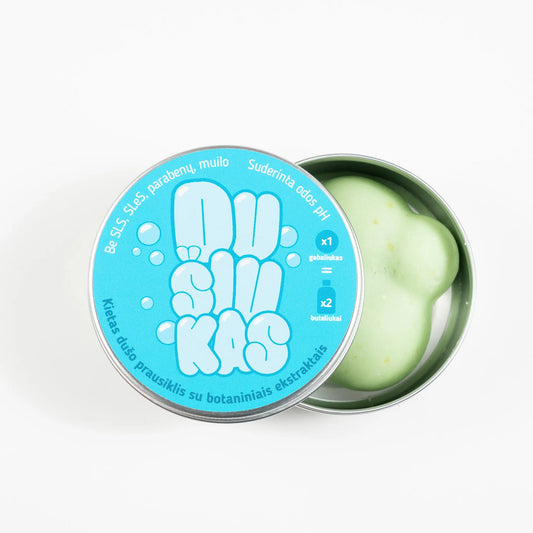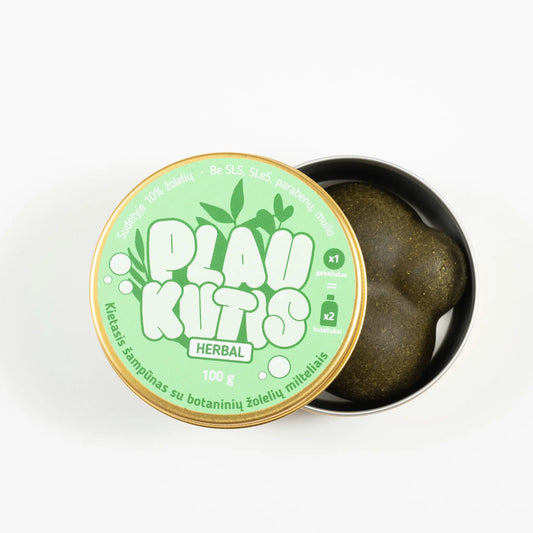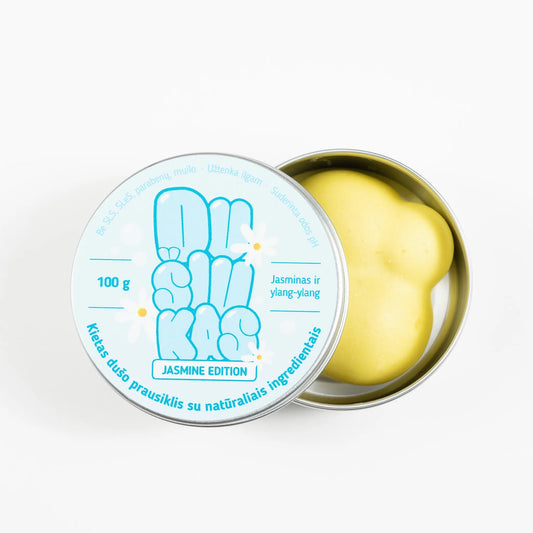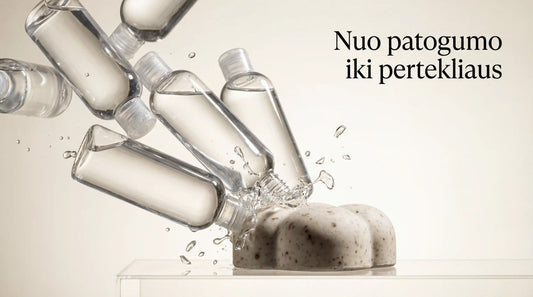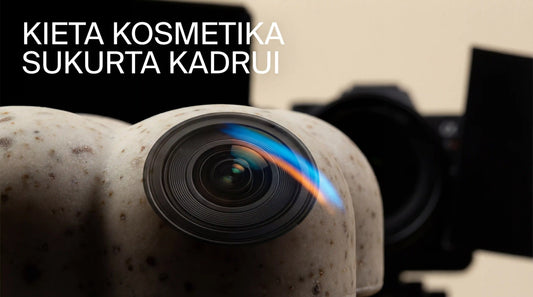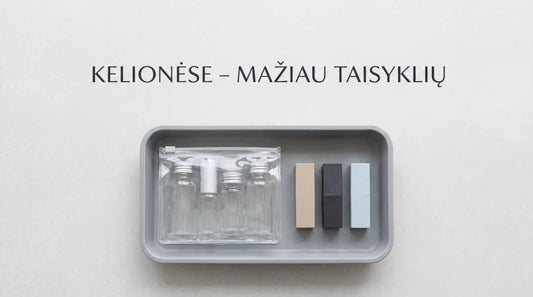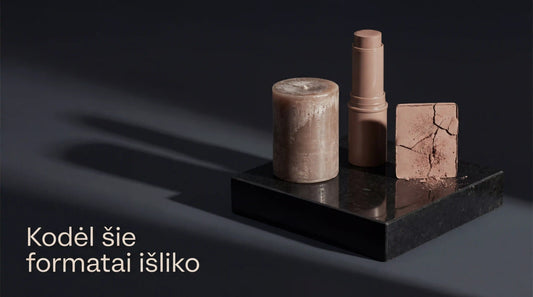Why is your hair looking thinner, weaker, or just not growing as well as it used to? It could be due to a biotin deficiency. Biotin deficiency may be rare, but it has a big impact on hair health. This vitamin, also known as vitamin B7, is essential for maintaining healthy hair, skin, and nails. Today, we’re going to take a closer look at what biotin deficiency actually is and how it directly affects hair growth, overall health, and appearance.
What is biotin deficiency?
Biotin deficiency occurs when your body doesn’t get enough vitamin B7. Although it’s not very common, it can have a big impact on your health, especially your hair. You might be wondering why biotin is so important. Well, biotin is essential for the production of keratin, the protein that makes up your hair, skin, and nails. If you don’t get enough biotin, your hair becomes weaker, thinner, and more prone to falling out.
Hair thinning and loss are two major signs that you may not be getting enough biotin. Additionally, a biotin deficiency can cause other health problems, including fatigue and skin problems. While severe biotin deficiency is rare, when it does occur, it can be very noticeable — so it's worth knowing how to recognize the symptoms.

Signs and symptoms of biotin deficiency
How do you know if you have a biotin deficiency? There are several symptoms to watch out for, especially those that affect your hair, nails, and skin. Let's take a closer look.
Hair-Related Symptoms of Biotin Deficiency
- Hair thinning : One of the most common signs of biotin deficiency is hair thinning. This can happen gradually and affect your entire scalp. You may notice more hair falling out when you comb or wash your hair. According to a study published in the Journal of Dermatological Science (2016), 38% of women with thinning hair had below-average levels of biotin, suggesting a significant link.
- Hair loss : If left untreated, biotin deficiency can lead to noticeable hair loss. It’s not just a few extra hairs in your brush; it can lead to thinning areas or even baldness. The International Journal of Trichology (2019) highlights that hair loss caused by biotin deficiency can affect up to 20% of women with a poor diet.
- Slow hair growth : If your hair seems to have stopped growing, it could be due to a biotin deficiency. Since biotin helps produce keratin, a deficiency means your hair lacks the building blocks it needs to grow.
Did you know that the average hair grows about 1.27 cm per month? If your body doesn't get enough biotin, that growth can slow down, sometimes even by half a centimeter, according to a 2018 study in the Journal of Investigative Dermatology .

Physical and neurological symptoms of biotin deficiency
- Brittle Nails : Biotin also plays an important role in nail health. If your nails break or split easily, it may be a sign that you are not getting enough biotin. Healthy nails require keratin, just like hair, and biotin helps the body produce it. A study by Cutis (1993) found that biotin supplementation increased nail thickness by 25% over six months.
- Dry skin rash : Biotin deficiency can also affect your skin. Dry, flaky skin — especially around the eyes, nose, and mouth — is a common sign of biotin deficiency. Historical records show that biotin deficiency was a common problem during times of famine, when nutrient-rich foods were scarce.
- Fatigue : Feeling tired all the time? Biotin helps your body convert food into energy. Without it, you may feel more tired than usual. In a 2020 study in the European Journal of Nutrition , individuals with biotin deficiency reported 40% higher levels of daily fatigue compared to those with sufficient biotin levels.
- Neurological symptoms : In severe cases, biotin deficiency can cause neurological problems, such as tingling in the hands and feet, depression, or cognitive impairment. These symptoms are rare, but they demonstrate how important biotin is to overall health. A 2021 study in the Journal of Neurology found that biotin deficiency in infants can cause developmental delays if left untreated.
All of these symptoms may seem unrelated, but they all have one thing in common: biotin. Our bodies need a steady supply of this vitamin to keep everything from our hair to our nerves functioning smoothly.

Causes of biotin deficiency
So, what causes biotin deficiency? Let’s take a look at some common factors that can lead to a deficiency in this important nutrient.
- Genetic conditions : Some people are born with genetic conditions that prevent their bodies from properly absorbing or using biotin. These conditions can lead to severe biotin deficiency if not managed properly. For example, biotinidase deficiency is a genetic disorder that affects one in 60,000 newborns worldwide.
- Gut disorders : Your gut plays an important role in absorbing nutrients, including biotin. Conditions like Crohn’s disease or other gastrointestinal disorders can affect your ability to absorb biotin and lead to a deficiency. Research in the American Journal of Gastroenterology (2017) suggests that up to 30% of people with Crohn’s disease have low biotin levels due to malabsorption.
- Certain medications : Some medications can interfere with biotin absorption. For example, antibiotics can disrupt the gut bacteria that help produce biotin. Anticonvulsants can also reduce biotin levels in the body. A study in Epilepsy Research (2015) found that patients taking anticonvulsants were 25% more likely to be biotin deficient.
- Poor diet : If your diet lacks biotin-rich foods, you may be at risk for a deficiency. Foods like eggs, nuts, and leafy greens are great sources of biotin. Without them, you could be missing out on this important nutrient. Data from the National Institutes of Health (2020) has shown that people who follow severely restrictive diets, such as extreme weight loss plans, are at higher risk for biotin deficiency.
- Excessive alcohol consumption : Excessive alcohol consumption can also interfere with biotin absorption. Alcohol affects how the body processes many vitamins, including biotin, and can lead to deficiencies over time. Studies show that chronic alcohol drinkers have 15-20% lower biotin levels than the general population.

Biotin deficiency and hair growth
Biotin is often called the “hair vitamin” for a reason. It plays an important role in the hair growth cycle, and when it is deficient, the effects can be very noticeable.
- Effects on hair growth cycles : Hair growth occurs in cycles, with phases of growth, rest, and shedding. Biotin deficiency can disrupt these cycles, causing slower growth and increased hair loss. Normally, each hair follicle goes through a growth phase (anagen), which lasts for several years. Without sufficient biotin, this growth phase can become shorter, making hair thinner and weaker. The British Journal of Dermatology (2018) found that individuals with biotin deficiency experienced a 30% reduction in the duration of their anagen phase.
- Keratin Production : As mentioned earlier, biotin is essential for the production of keratin. Keratin is a protein that makes up the majority of your hair. If you don’t get enough biotin, your body can’t produce enough keratin, which makes your hair brittle and more easily damaged.
A study published in the Journal of Clinical and Aesthetic Dermatology (2015) found that women with thinning hair often had lower levels of biotin. This suggests a direct link between biotin deficiency and hair health. By addressing the deficiency, many of these women noticed improved hair thickness and strength. In a separate study in Dermatology Practical & Conceptual (2019), 70% of participants with low biotin levels saw significant hair regrowth after taking biotin supplements for six months.

Biotin deficiency treatment
If you suspect you have a biotin deficiency, what should you do? The good news is that there are several ways to increase your biotin levels and improve hair health.
- Dietary changes : The best way to treat biotin deficiency is through diet. Eating more biotin-rich foods can help restore levels naturally. Good foods rich in biotin include:
- Eggs (especially yolks)
- Nuts and seeds (e.g. almonds and sunflower seeds)
- Fish (e.g. salmon)
- Avocados
- Sweet potatoes
Did you know that one egg yolk contains about 10 micrograms of biotin, which is about 33% of the recommended daily intake? Including eggs in your diet is an easy and effective way to increase your biotin levels.
- Biotin Supplements : Sometimes dietary changes aren’t enough, especially if you have an underlying condition that interferes with absorption. In these cases, biotin supplements can help. They are available over-the-counter at most health food stores and pharmacies. However, it’s always a good idea to consult a healthcare professional before taking any supplements. A 2017 study in JAMA Dermatology found that 60% of people who took biotin supplements for hair loss saw noticeable improvements after three months.
- See a healthcare professional : If your symptoms are severe or don't improve, it's important to see a doctor. A healthcare professional can perform tests to determine if you are truly biotin deficient and help you develop an appropriate treatment plan.

Myth busting: interesting facts about biotin deficiency
Let's break down some common misconceptions about biotin and hair health:
- Myth: Biotin deficiency is very common
- Truth : Biotin deficiency is actually quite rare, especially if you eat a balanced diet. Most people get enough biotin from their daily diet. According to the National Health and Nutrition Examination Survey (NHANES), only one in 140,000 people is at risk of severe biotin deficiency.
- Myth: More biotin means faster hair growth
- Fact : While biotin is important for hair health, taking too much will not make your hair grow faster. Your body only needs a certain amount. The American Academy of Dermatology (2021) states that once you reach optimal biotin levels, supplementing with more does not provide any additional benefit for hair growth.
- Myth: Biotin supplements work immediately
- Truth : If you’re deficient in biotin, it can help improve your hair health, but it takes time. It may take several months before you see noticeable changes. A 2018 study in Clinical, Cosmetic and Investigational Dermatology found that participants needed at least three to six months of supplementation to see a change in hair density.
- Myth: Only hair benefits from biotin
- Fact : Biotin is also essential for healthy skin and nails. It helps keep skin moisturized and nails strong. In a 2014 study in the Journal of Cosmetic Dermatology , 90% of participants reported improved nail strength after taking biotin supplements.
- Myth: You can't get enough biotin from food
- Fact : Foods such as eggs, nuts, and leafy greens are rich in biotin. A well-balanced diet is usually sufficient to meet biotin needs. In fact, the typical Western diet provides about 35-70 micrograms of biotin per day, which is sufficient for the recommended intake.

Practical tips to address biotin deficiency
- Include biotin-rich foods : Try to include more eggs, nuts, and seeds in your daily diet. Avocados and sweet potatoes are also great choices.
- Limit alcohol consumption : Reducing alcohol consumption can help improve the absorption of nutrients, including biotin.
- Avoid raw egg whites : Raw egg whites contain avidin, a protein that binds to biotin and prevents it from being absorbed. Cooking eggs inactivates the avidin, so it's safe to enjoy the biotin-rich yolks.
- Consider a supplement : If you're struggling to get enough biotin from your diet, consider a supplement. Look for one that provides about 30-100 micrograms of biotin per day, which is within the recommended range.
- Consult a healthcare professional : If you have symptoms like hair loss or brittle nails that don't improve, consult a healthcare professional. They can help determine if a biotin deficiency is the cause.

Frequently asked questions about biotin deficiency
- Can biotin deficiency cause hair loss?
- Yes, a biotin deficiency can cause hair thinning and even hair loss. Biotin is essential for the production of keratin, which keeps hair strong.
- How do I know if I have a biotin deficiency?
- Common signs include thinning hair, brittle nails, dry skin rashes, and fatigue. A healthcare professional can confirm a deficiency with blood tests.
- Can I get enough biotin from food?
- Yes, indeed! Foods like eggs, nuts, seeds, and leafy greens are great sources of biotin.
- How long does it take to see results with biotin supplements?
- It may take several months before you notice changes in hair growth or nail strength. Consistency is key.
- Is biotin safe to take as a supplement?
- Yes, biotin is generally safe when taken in recommended doses. However, always consult your doctor before starting any new supplements.

Conclusion: The solution to biotin deficiency for hair health
Biotin is an essential nutrient for maintaining healthy hair, skin, and nails. Although biotin deficiency is rare, it can have a significant impact on hair growth and overall health. Recognizing the signs, such as thinning hair, brittle nails, and skin problems, can help you take action early. Whether it’s through dietary changes or supplementation, addressing biotin deficiency can help restore hair strength and thickness.
If you’ve ever experienced hair thinning or slow growth, consider getting your biotin levels checked. Remember, a healthy diet is key, but don’t hesitate to seek professional help if you need it. Have you ever tried biotin for hair? We’d love to hear your story and advice for others in the comments!

